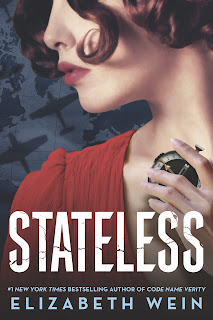Highly Suspicious and Unfairly Cute by Talia Hibbert
Published January 2023 via Joy Revolution
★★★★
Best friends turned enemies find themselves in the same prestigious program...and enemies become lovers.
Now, I read this because I will scramble to read camping-in-the-woods books—I want more of them! In particular, more relatively light fiction involving hiking and camping and blisters and the smell of pine trees and so on and so forth. But the characters here utterly charmed me, far more than the camping-in-the-woods part. They're messy and complicated and sometimes stuck in their heads, but in a very real way. Bradley's OCD is also nice to see—it's something that informs who he is and what he does but isn't the beginning or the end of the story; how Celine rolls with it also speaks to their long friendship.
The program I'm a bit less sure about. It's presented as a super competitive, super prestigious program for the best of the best, with a crazy high dropout rate...but as far as I can tell, all they really have to do is work together to wander around in the woods. And while both cooperation and outdoor skills can be a challenge, I'm not entirely sure what makes the program (not the perks of the program, but the program itself) such a big deal...or why all the leaders seem to have so much disdain for the teenagers. The whole thing is a cool opportunity, but what do they really learn from it? And where are the teens who are genuinely happy to be out in the wilderness? (And should I even be calling it wilderness, if it's the UK?)
It's a testament to the writing of the characters that I was basically unbothered by my questions about the woods until the very end. I think it might be time to go locate some more books by this author.



























